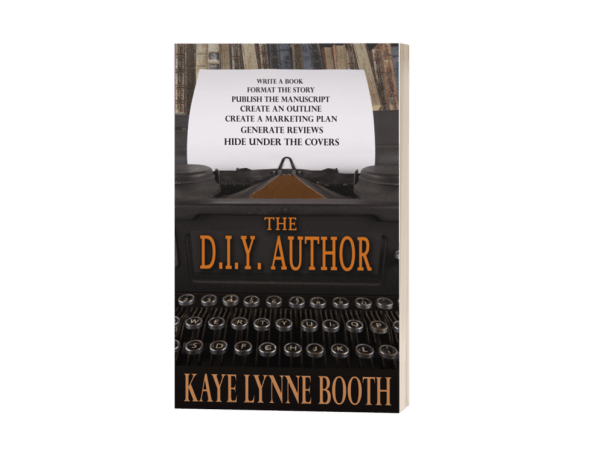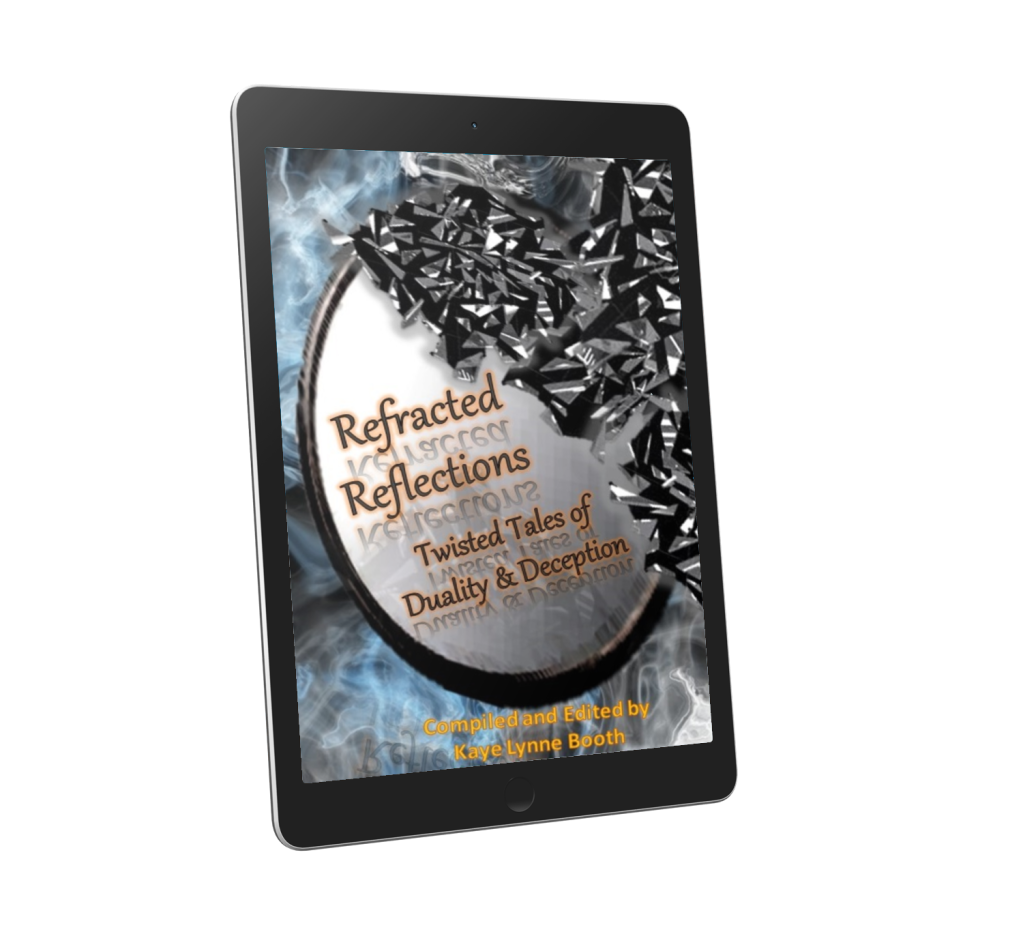Undawntech: Corporate Terms of Service and Theft of Intellectual Property
Posted: March 1, 2024 | Author: DL Mullan/Undawntech | Filed under: Technolgy, Undawntech | Tags: ai, news, Social media, technology, TOC, Undawntech, Writing to be Read |2 Comments
Have you ever read the Terms of Service (ToS) for your social media accounts, or even for your Internet Service Provider (ISP)? You may be surprised by what is written there. Corporations are interested in their financial and legal bottom lines, and not protecting any of your rights.
As creators of art, film, poetry, podcasts, and writing, how can we be certain that when we sign up for an account with an online application or platform our best interests are being served? First, we must read the laborious legalese contained in the Terms of Service. The document outlines what the corporation deems allowable under its rule. The dry text gives insight into how little corporations value their customers. You are little more than fodder to pump up their stock prices. Your concerns and rights have no value to the monopolies called corporations.
In the bygone years since Standard Oil and Ma Bell, lawmakers in the United States have stripped regulations that kept corporations from becoming tyrants in the rebel yell of libertarian idealism. Regulations to maintain a level economic playing field have been sliced and diced for the Free Trade and no regulation crowd (see speeches by President Javier Milei of Argentina or underdog political candidate, Vivek Ramaswamy about their views on deregulation). These concepts in action have left consumers vulnerable and small businesses tittering on an uneven scale against the mega-corporate, multinational giants who believe that corporate governance is mightier than any nation’s Constitution or law.
A recent ToS change has created a problem for copyright holders on the platform Spodify. A user posted this response:
“Get rid of the audiobook T.O.S. changes that apply to rightholders of the works.
Rescind changes to your Terms of Service as the relate to the rightholders of audiobooks, most notably the effective grant of a “non-exclusive, transferable, sublicensable, royalty-free, fully paid, irrevocable, worldwide license to reproduce, make available, perform and display, translate, modify, create derivative works “. Especially since it binds the rightful rightholders such that “Where applicable and to the extent permitted under applicable law, you also agree to waive, and not to enforce, any “moral rights” or equivalent rights, such as your right to object to derogatory treatment of such User Content. Nothing in these Terms prohibits any use of User Content by Spotify that may be taken without a license.”
This represents a clear attack on their lawful claim to their own intellectual property, and as such it is ridiculous and disgraceful that you would make such amendments to your Terms of Service.
Furthermore, it is cowardly to have done so quietly rather than with prominent preemptive announcement of such important changes.”
https://community.spotify.com/t5/Live-Ideas/Get-rid-of-the-audiobook-T-O-S-changes-that-apply-to/idi-p/5888834
What do you think? Should creators leave this platform? If you would like to keep your copyright intact, then the answer is a resounding: YES.
The problem is, that most users ignore a corporation’s Terms of Service. From either apathy or inability, corporations have seized power by user indifference to their legal rights. This has allowed corporations to use their users, instead of users using these platforms. The “good faith” clause no longer applies.
To see just how users disregard the Terms of Service document, a study was performed with a fake social media site called NameDrop. What the researchers discovered dismayed them. Here is what happened:
“Unbeknownst to the students, the terms of service contained two questionable clauses. The first said NameDrop may be required to share your data with the government, including the National Security Agency(NSA).
That clause is concerning when you really think about it, but it’s close enough to what you’d see in a real ToS. Twitter’s terms, for example, says “we also reserve the right to access, read, preserve, and disclose any information as we reasonably believe is necessary to (i) satisfy any applicable law, regulation, legal process or governmental request.
NameDrop’s second crazy clause should’ve stopped most users in their tracks—or at least clued them in that the service wasn’t real. The second clause said all users agree to give their “first-born child” to NameDrop. If the user didn’t have children yet, their first baby would still have to go to NameDrop until 2050.”
https://www.pcworld.com/article/415643/goodbye-firstborn-children-this-study-shows-how-wordy-terms-of-service-hurt-users.html
What the researchers found was that 74 percent of those who signed up for NameDrop did not read the policy. Less than two minutes were spent reading the TOS, while the full document took about 30 minutes. If the customers had read the legal document, then they would have seen that the social media site was fake.
And kept the rights to their firstborn child, anywho…
Most people who do read the ToS take less than one minute to do so, but if they did take that fifteen to thirty minutes of their time to safeguard their rights and privacy, probably would not sign up for such an account.
When something is free, YOU are the commodity that is being used to make someone wealthy at the expense of you, your rights, your privacy, and your mental health.
Expert reveals the ‘slot machine’ tricks Facebook uses to keep people addicted
https://sports.yahoo.com/news/expert-reveals-slot-machine-tricks-facebook-uses-keep-people-addicted-090211355.html
Social Media Use and Its Connection to Mental Health: A Systematic Review
https://www.ncbi.nlm.nih.gov/pmc/articles/PMC7364393/
As a creator, how do you intend to maintain your personal and legal sovereignty in the face of corporate governance? Is it time to push lawmakers in the direction of protecting our copyright against corporate power grabs?
Perhaps, creators should read the ToS for accounts on sites they use, outline the legal issues, and then demand a change to the laws for these platforms. Before we run to our local Congressional office, perhaps a walk down memory lane on how we got here will give us context to the situation:
47 U.S. Code § 230 – Protection for private blocking and screening of offensive material
https://www.law.cornell.edu/uscode/text/47/230
Americans Finally Have Access to American Propaganda
https://www.theatlantic.com/politics/archive/2013/07/americans-finally-have-access-american-propaganda/313305/
The Smith-Mundt Moderization Act of 2012
Universal Declaration of Human Rights
Article 29, Section 3:These rights and freedoms may in no case be exercised contrary to the purposes and principles of the United Nations.
https://www.un.org/en/about-us/universal-declaration-of-human-rights
If more people read the Terms of Service to our treaties, regulatory laws, and online accounts, then more people would understand what seems like a platform problem is really a ubiquitous issue of eroding rights, privacy, and property on an international scale rather than an endemic one.
_____

DL Mullan holds a Master of Arts in Teaching and Learning with Technology.
Her lecture, Spacescapes: Where Photography Ends; Imagination Begins,
debuted at the Phoenix Astronomy Society, which then led to her Sally
Ride Festival lecture invitations. Her presentation, Bridging the Gap
between Technology and Women, won her accolades at a community
college’s Student Success Conference. She has been a panelist at
speculative fiction, science fiction, and other regional conventions.
Her digital exhibition pieces have won awards at convention art shows,
as well as garnered her Second Premium at the Arizona State Fair.
Currently, Ms. Mullan’s artistic renditions are seen on book covers,
blog sites, video presentations, and various merchandise. As an
independent publisher, she uses her technical background to innovate
the creative arts.
As a writer, DL Mullan loves to stretch her imagination and the
elasticity of genres. She writes complex multi-genre stories in
digestible and entertaining forms, be it poetry, short fiction, or
novels. Her science, history, mythology, and paranormal research
backgrounds are woven into her writings, especially in Undawnted’s
Legacy Universe. Ms. Mullan’s creative endeavors are available in
digital and print collections, from academia to commercial
anthologies. She is also an award-winning poet.
Be sure to subscribe to her newsletters and follow her on social
media. For further information, visit her at www.undawnted.com and
www.undawntech.top.
Discover more from Writing to be Read
Subscribe to get the latest posts sent to your email.























[…] https://writingtoberead.com/2024/03/01/undawntech-corporate-terms-of-service-and-theft-of-intellectu… […]
LikeLike
[…] Undawntech: Corporate Terms of Service and Theft of Intellectual Property showed how Terms of Service (ToS), policies and other forms of corporate contract law controls our intellectual, social, and political lives. More importantly, this article revealed how corporations are using their muscle to muscle into your livelihoods, by stealing your copyright for their use. […]
LikeLiked by 1 person